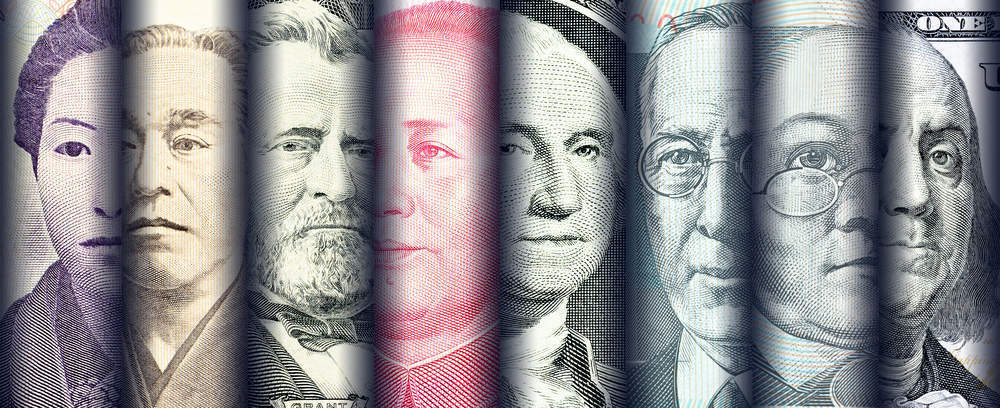
The divisions within society, highlighted by the UK’s vote to quit the European Union last year and the election of US president Donald Trump, are a result of globalisation on an unequal playing field, according to UBS investment bank president Andrea Orcel.
Orcel, speaking at the Women’s Forum Global Meeting in Paris, warned the backlash against globalisation is due to increasing inequality around the world.
He said:
There is a lot of debate about whether globalisation is good or bad. I think globalisation is good but what we do with the benefits of globalisation is not as good as it should be, as it has divided society. Globalisation brings more growth but you need to think about how you divide that equally among the population, at the moment what we hear from the population is ‘hang on, globalisation only went to a small fringe of society. I didn’t benefit at all’.”
The idea that the benefits of globalisation have only gone to a rich minority has fuelled some of the world’s recent political shifts.
There has been a backlash against globalisation — the free flow of trade, people and capital around the world — in recent years, with some branding it an unbalanced form of capitalism.
How well do you really know your competitors?
Access the most comprehensive Company Profiles on the market, powered by GlobalData. Save hours of research. Gain competitive edge.

Thank you!
Your download email will arrive shortly
Not ready to buy yet? Download a free sample
We are confident about the unique quality of our Company Profiles. However, we want you to make the most beneficial decision for your business, so we offer a free sample that you can download by submitting the below form
By GlobalDataIn Trump’s campaign for the White House last year he vowed to withdraw from major international trade deals and bring manufacturing that had been moved abroad back to the country.
Meanwhile Bank of England governor Mark Carney described Brexit as a unique example of a backlash against globalisation, triggering political and financial instability.
In Germany, anti-immigration sentiments highlighted in the recent polls have brought in a far-right party to the Bundastag. In Spain, the country is suffering from the fallout of the illegal referendum vote over Catalonia’s independence.
Joseph Stiglitz, a Nobel prize winning economist, predicted the polarising effects of globalisation as far back as 1994.
Stiglitz said: “We thought everyone would benefit” but “many of the poorest countries were actually made worse off. The poorest countries in the world were worse off due to the asymmetric way in which globalisation had preceded… the promise of globalisation was greater stability, but the consequence has been greater instability”.
Orcel said developing countries had been damaged by open borders and that “too fast opening of capital flows can have a negative impact and create bubbles” and “the free flow of capital needs to be looked at carefully”.
Karien Van Gennip, CEO of ING France and speaking alongside Orcel, said:
There needs to be rules and regulations [to ensure the equal distribution of benefits from globalisation]”.




